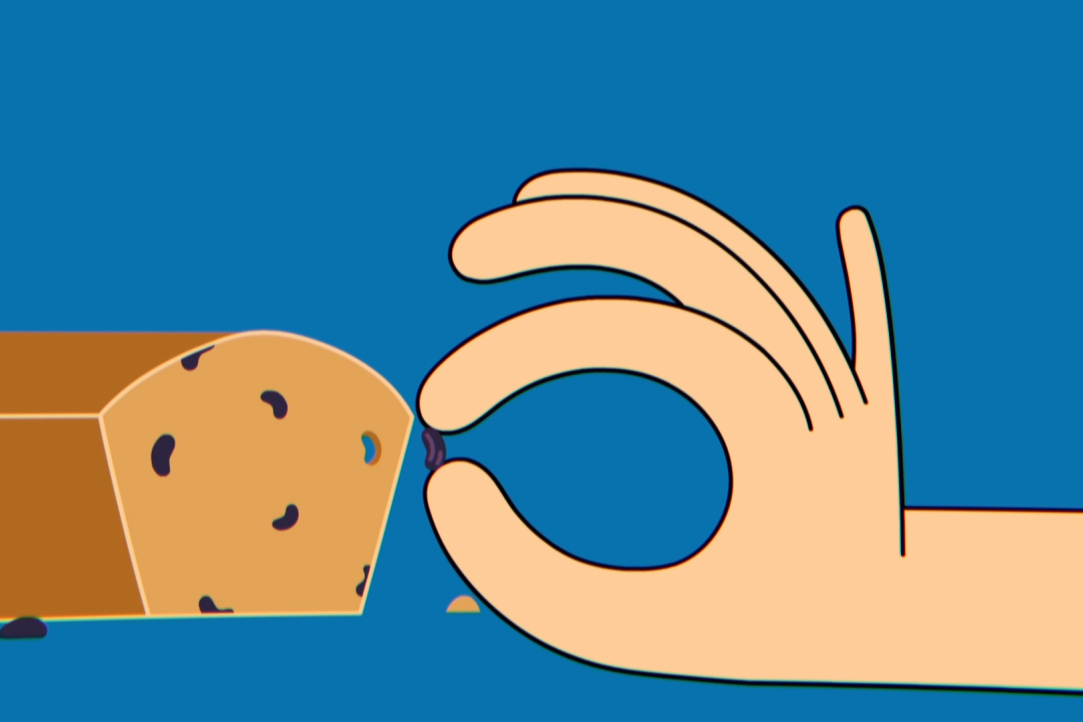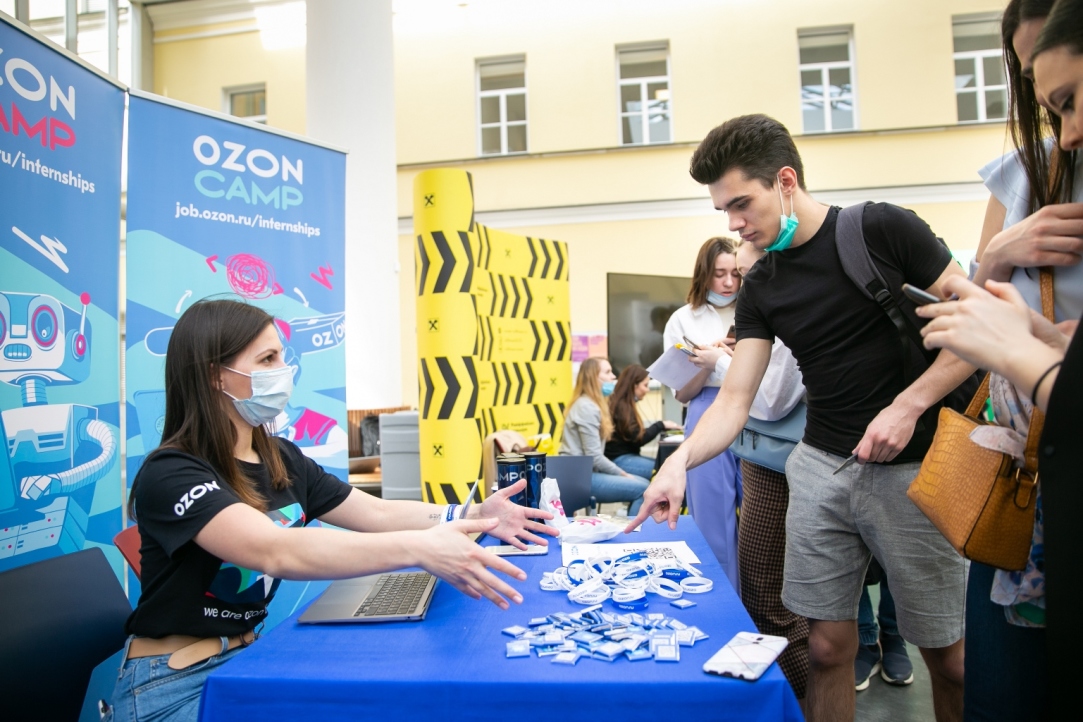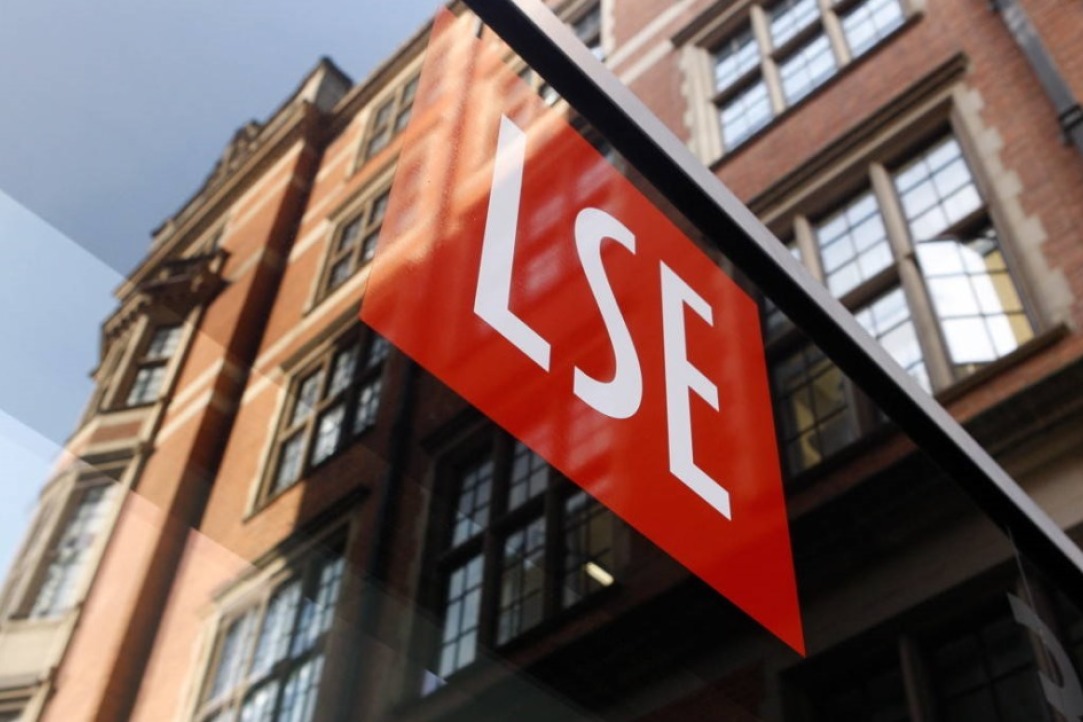
Attention Priority Map Explains Surprising Phenomena of Visual Search
Researchers from HSE University and Harvard University have found that the speed of finding an item with a unique combination of features is not affected by the ease with which these items can be grouped by features. Such results are predicted by theories of parallel attention control. The study is published in the Journal of Vision.

A Journey through Childhood, the Essence of Raisins, and Other Films from HSE University
One documentary and six animations created by HSE Art and Design School students were shortlisted at this year's St. Anna’s Festival. The annual Young Cinema Forum attracts the attention of aspiring film professionals from all regions of Russia, as well as the CIS, Europe and America. Students of the HSE Art and Design School told the News Service about the ideas behind their works, which were selected by the professional jury, and what it was like to work on them.

Living in an Age of Change: Understanding Digital Exclusion
The competition for promising young researchers is intensifying around the world, and spending on preparing future generations of highly qualified specialists is on the rise. This is happening against a backdrop of digitalisation, which is creating a new digital inequality. For example, a quarter of the adult population in Russia does not possess any digital skills and does not use the Internet. These and other topics were discussed by participants of a round table held during the XXII April International Academic Conference on Economic and Social Development organised by HSE University and Sberbank.

HSE University among Top Ten Universities in New RAEX Subject Rankings
HSE University has been included in the rankings for the natural sciences, mathematics and engineering, which were published for the first time by the RAEX agency.

HSE Is One of the Top Universities That Offers Programmes in English
HSE Faculty of Computer Science offers eight Master’s programmes, including four programmes taught entirely in English. Samia Nasrin, from Data Science Master’s programme, and Usama Albaghdady, from Master’s in System and Software Engineering, talk about choosing HSE University, admissions process, their studies and future plans.

Life Satisfaction among Young People Linked to Collectivism
The values of collectivism remain important for young people. They promote a sense of loyalty to family and a willingness to accept support from loved ones. Young people who value mutual assistance and a close relationship with others are more satisfied with life, regardless of whether they belong to a collectivist or individualist type of culture.

Researchers Establish Intracellular Interaction Network in Breast Cancer
HSE University researchers have identified the genes that play a crucial role in breast cancer metastasis. The results of the study were published in the journal PLOS ONE.

From Unilever to Megafon: HSE University Holds Another Career Marathon
IT giants and investment funds, banks and international corporations — more than three dozen employers took part in the HSE Career Marathon. Company recruiters told students what vacancies for young professionals were open in various departments, what they look for when selecting employees and what skills they particularly value.

HSE University Researchers Track Language Abilities of Russian Children with ASD
Researchers from the HSE Center for Language and Brain have, for the first time, described the language abilities of Russian children with Autism Spectrum Disorder (ASD) at all linguistic levels (e.g., phonology, lexicon, morphosyntax, and discourse), using a language test that takes into account the psycholinguistic variables most relevant for Russians. The study was published in Journal of Autism and Developmental Disorders.

Data Science and Business Analytics Students Score the Highest on University of London Exams
Four students of the HSE University and University of London Double Degree Programme in Data Science and Business Analytics received the highest scores on London exams at the end of 2019/2020 academic year. Yunying Pei, Vasily Kireenko, Vladimir Zobov, and Ilya Zisman performed brilliantly in the statistics, business, and management tests.

